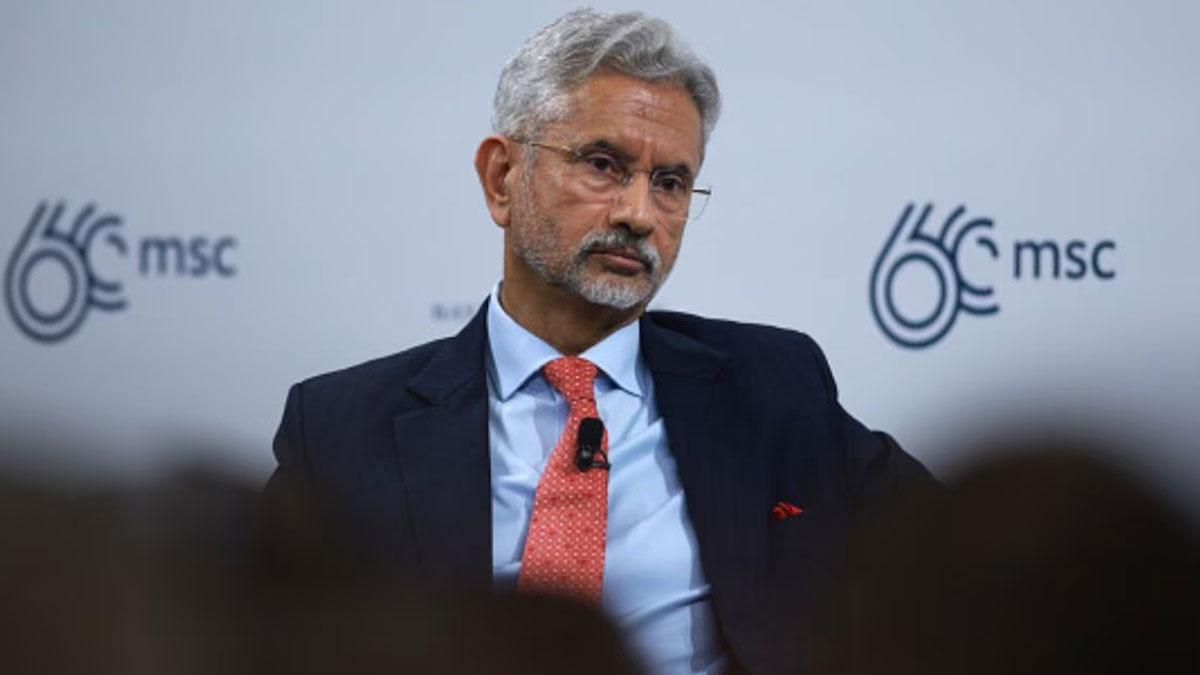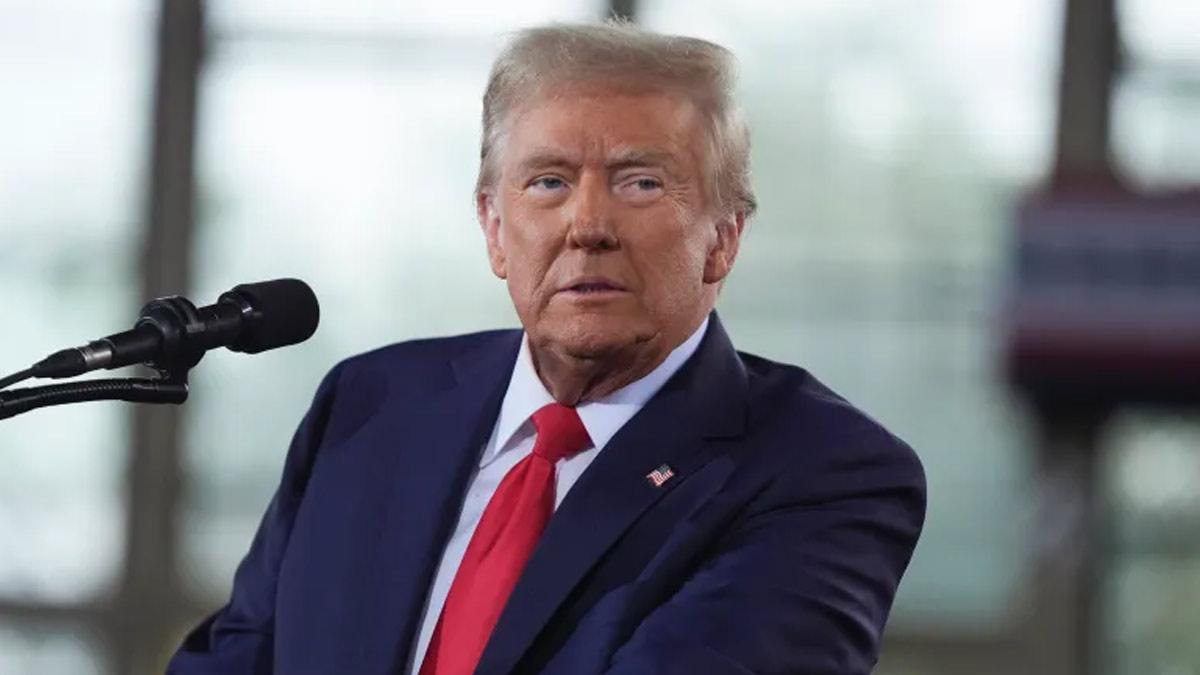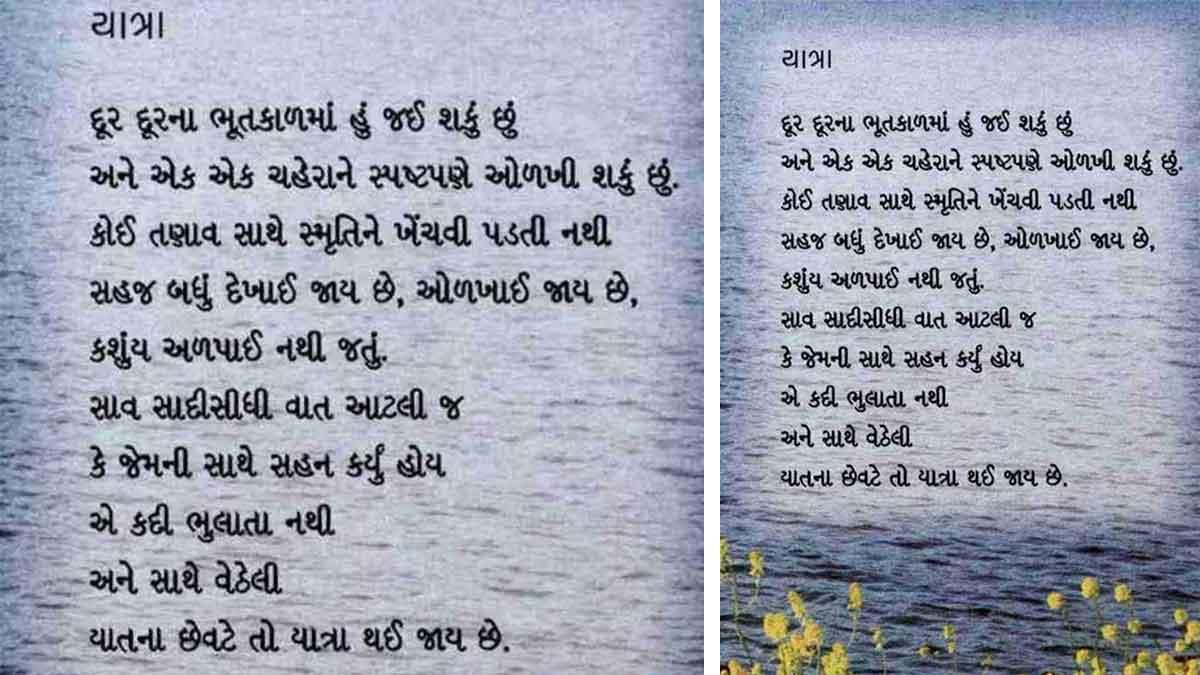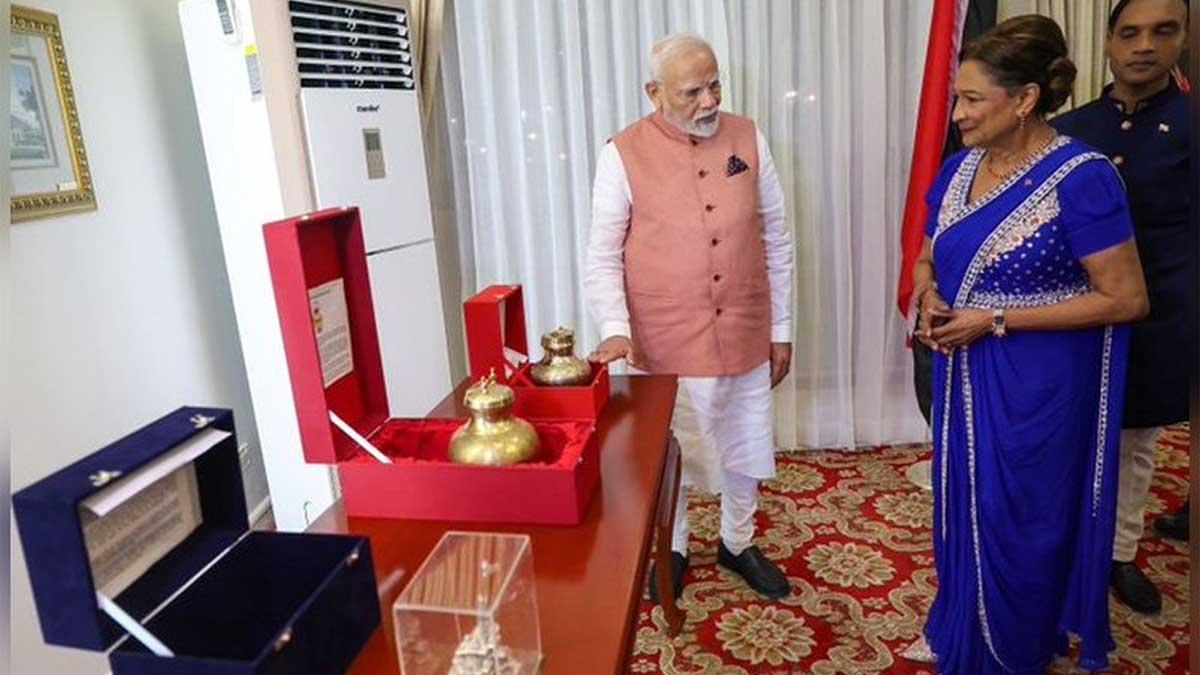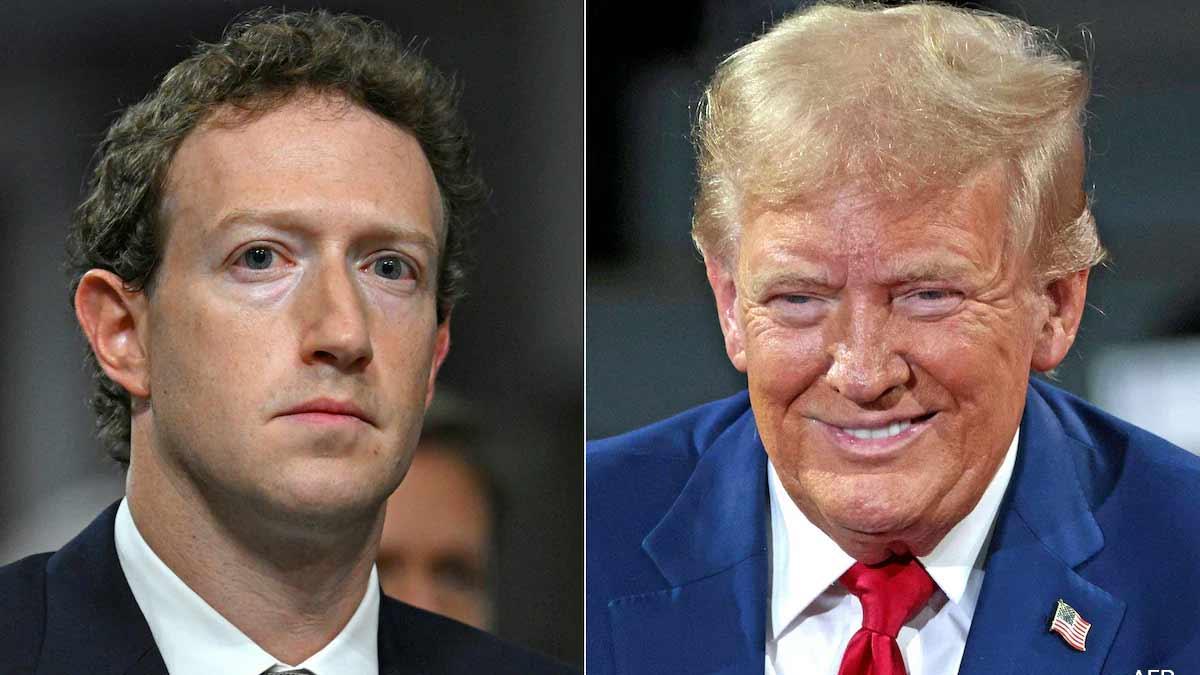Foreign Minister S. Jaishankar has expressed India's willingness to serve as a mediator in the Russia-Ukraine conflict if requested, emphasizing, however, that India is not inclined to proactively initiate such a mediation role.
During an interview with the German financial newspaper Handelsblatt, Jaishankar remarked on the shift in India's energy procurement following the outbreak of the conflict in Ukraine. He noted that India's traditional energy partners in the Middle East redirected their petroleum exports to Europe, which offered higher payments, leaving India with no alternative but to turn to Russian oil supplies.
Jaishankar highlighted the nuanced stance India maintains towards global conflicts, pointing out the difference in perspectives between India and Europe regarding Russia and China. He emphasized the long-standing, positive relationship India shares with Russia, which has consistently supported Indian interests. This contrasts with India's more complex relations with China.
Addressing India's continued military collaborations with Russia amid the ongoing conflict, Jaishankar pointed out the historical preference of Western nations to arm Pakistan over India, reinforcing the strategic necessity of India's defense ties with Russia. He underscored India's commitment to seeking an end to the Ukraine conflict, acknowledging the universal adverse effects of the situation without claiming insight into its resolution.
Jaishankar also discussed India's role in facilitating specific diplomatic efforts, such as supporting the establishment of a grain transport corridor through the Black Sea, negotiated by Turkey, and backing the International Atomic Energy Agency's inspections of Ukraine's Zaporizhzhya nuclear facility.
On the topic of India's oil imports from Russia, Jaishankar defended the decision as a pragmatic response to the reorientation of Europe's energy imports towards the Middle East, which had traditionally been India's primary source. He argued that by purchasing Russian oil, India contributed to stabilizing global energy markets and mitigating potential spikes in energy prices and global inflation.
He further critiqued European sanctions on Russia, suggesting a lack of comprehensive economic disengagement and pointing to the selective continuation of certain economic relations with Russia by Europe. Jaishankar called for a recognition of the differing national interests and historical relationships that shape each country's foreign policies, including India's longstanding and beneficial ties with Russia.
In response to inquiries about the impact of India-Russia relations on India-Europe ties and India's defense procurement, Jaishankar reiterated the importance of understanding and respecting the historical contexts that define international relationships. He noted the evolution of India's defense procurement sources, highlighting the diversification of India's defense imports to include countries like the USA, France, and Israel, in addition to Russia.
Read Also | India's Willingness to Mediate: Jaishankar's Stance on Resolving Russia-Ukraine Conflict
Read Also | Jaishankar Affirms Russia's Positive Relations with India to German Daily

